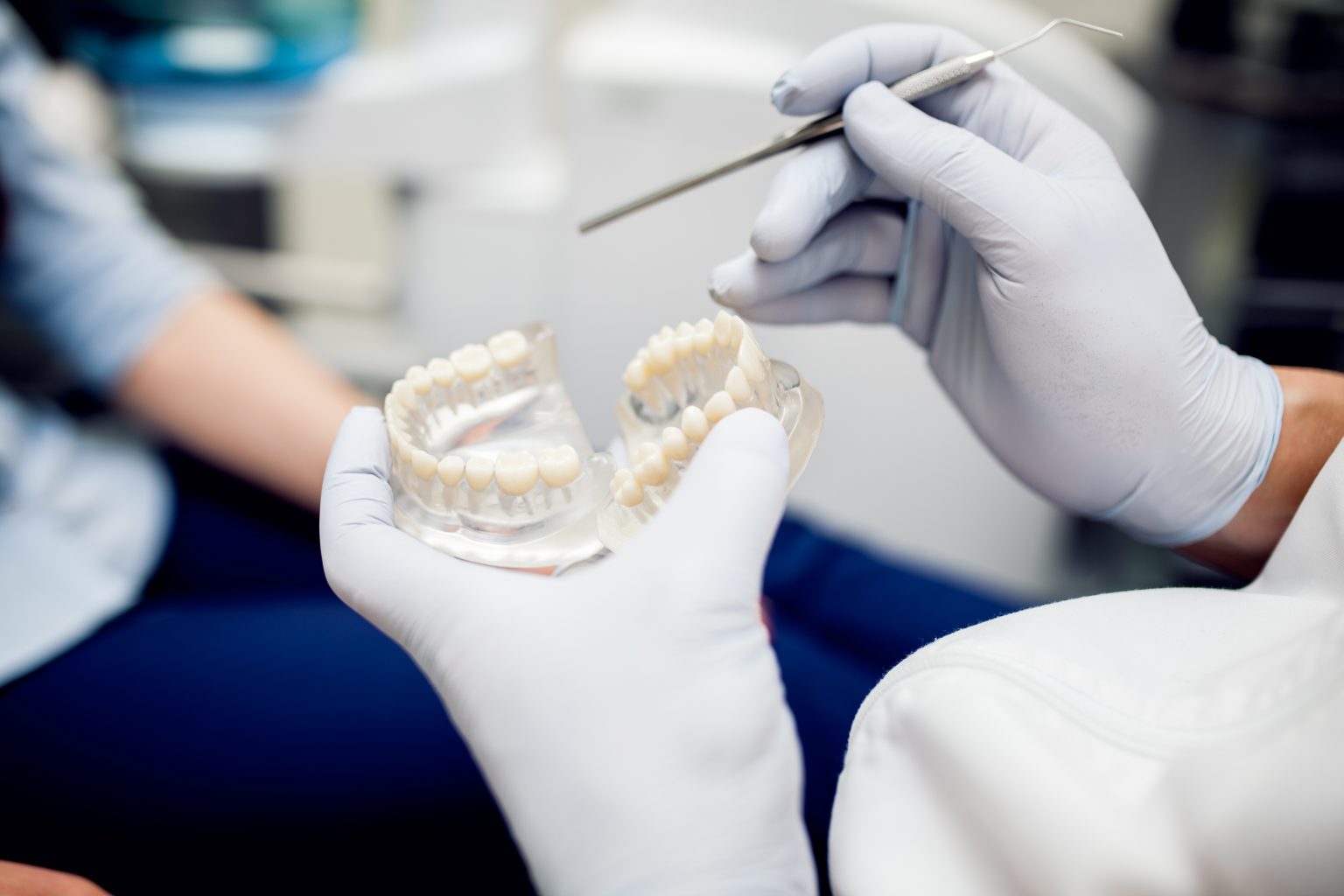Overview
Often called “laughing gas,” nitrous oxide is a frequent sedative used in dentistry offices to make patients feel at ease and calm during a variety of treatments. Nitrous oxide is a useful remedy because anxiety is a major obstacle for many people seeking dental care. In order to assist patients in making well-informed decisions regarding their dental care, this article examines the application of nitrous oxide in dentistry, the related expenses, and answers commonly asked concerns.
1. How Does Nitrous Oxide Work and What Is It?
A white gas having anesthetic qualities, nitrous oxide promotes sensations of relaxation and happiness. It instantly lowers anxiety and pain perception when inhaled, enabling patients to have dental procedures without experiencing any discomfort. In order to assure safety, the gas is usually supplied through a mask that is put over the nose and mixed with oxygen.
2. Why Is Nitrous Oxide Used by Dentists?
Nitrous oxide is used by dentists to help patients who might be afraid or anxious about dental operations feel more at ease. It makes the procedure more comfortable and allows the dentist to treat the patient without causing them any pain or discomfort.
3. Which Dental Procedures Are Suitable for Nitrous Oxide Use?
Because of its versatility, nitrous oxide can be utilized for a variety of dental treatments, such as:
- Regular cleanings
- Fillings
- Removals (like wisdom teeth)
- Root canal therapy
- Treatments for periodontal disease
4. How Much Does Nitrous Oxide Cost in a Dental Office?
Numerous variables, such as geographic region, the particular dentist office, and the intricacy of the operation, can affect the expense of nitrous oxide. Nitrous oxide sedation often costs patients between $50 and $200. It’s important to verify with your physician because some dental insurance policies may cover a portion of this expense.
5. Does Using Nitrous Oxide Come with Extra Fees?
Yes, patients may have to pay for the actual dental procedure in addition to the nitrous oxide expense. Potential fees for the initial consultation, x-rays, and any required follow-up appointments should also be taken into account.
6. Is Everyone Safe to Use Nitrous Oxide?
Most patients can safely use nitrous oxide, however those who have certain medical conditions, like respiratory disorders or particular vitamin B12 deficiencies, may not be able to use it. Before using nitrous oxide sedation, patients with a history of substance addiction and pregnant women should also speak with their dentist.
7. What Advantages Does Using Nitrous Oxide Offer?
- Anxiety Reduction: Nitrous oxide helps patients feel more relaxed throughout procedures by successfully lowering anxiety.
- Pain Management: A more comfortable encounter is made possible by the gas’s ability to relieve discomfort.
- Quick Recovery: Following the surgery, the effects of nitrous oxide wear off rapidly, allowing patients to immediately return to their regular activities.
- Modifiable Sedation Levels: Dentists can readily modify the degree of sedation in accordance with the requirements of each patient, offering individualized treatment.
8. During and After Nitrous Oxide Sedation: What Can Patients Expect?
Patients may feel dizzy throughout the operation, but they will also feel relaxed. Patients are still able to communicate with the dentist and follow directions. Most patients feel normal within minutes of the treatment, and most recover rapidly.
In summary
In contemporary dentistry, nitrous oxide is a useful technique that helps patients control their discomfort and anxiety during procedures. Although nitrous oxide can vary in price, its advantages frequently outweigh the cost and result in a better dental experience. Ask your dentist about the benefits of nitrous oxide and how it can improve your treatment experience if you are thinking about using it at your upcoming dental appointment. Being aware of the advantages and disadvantages of nitrous oxide will help you make wise decisions regarding your oral health.

